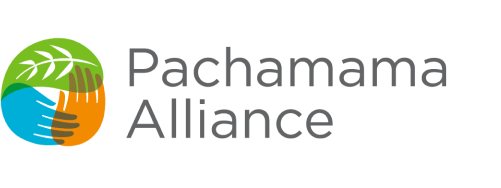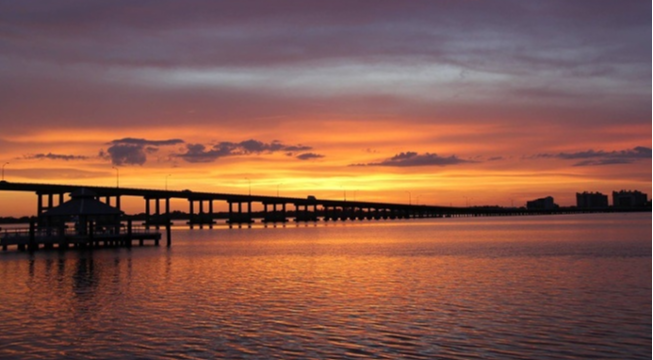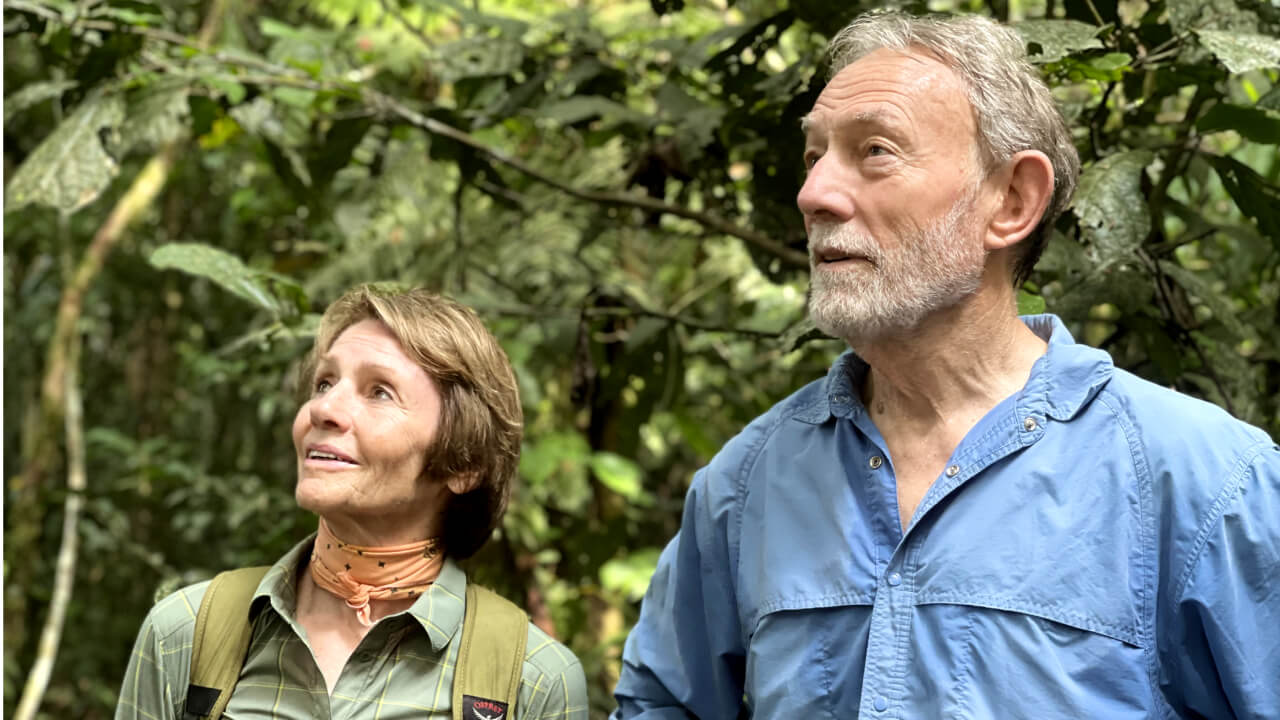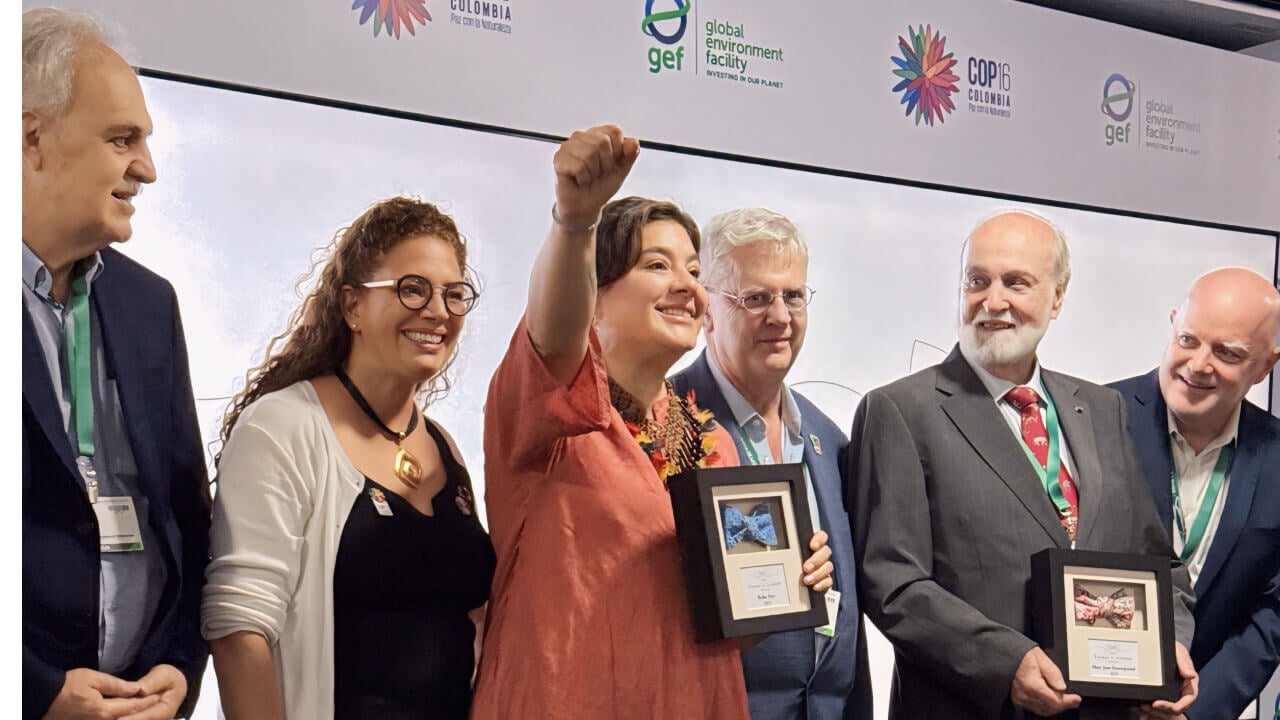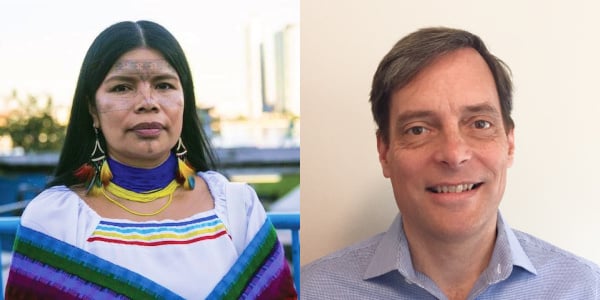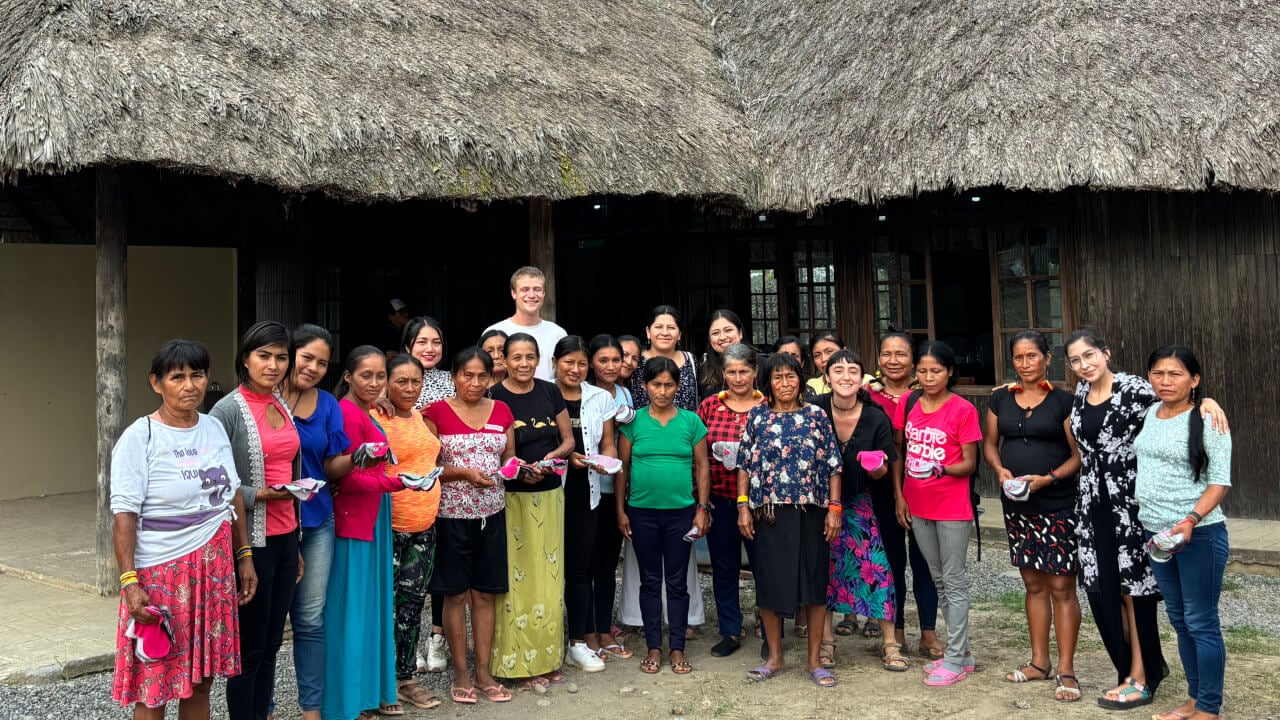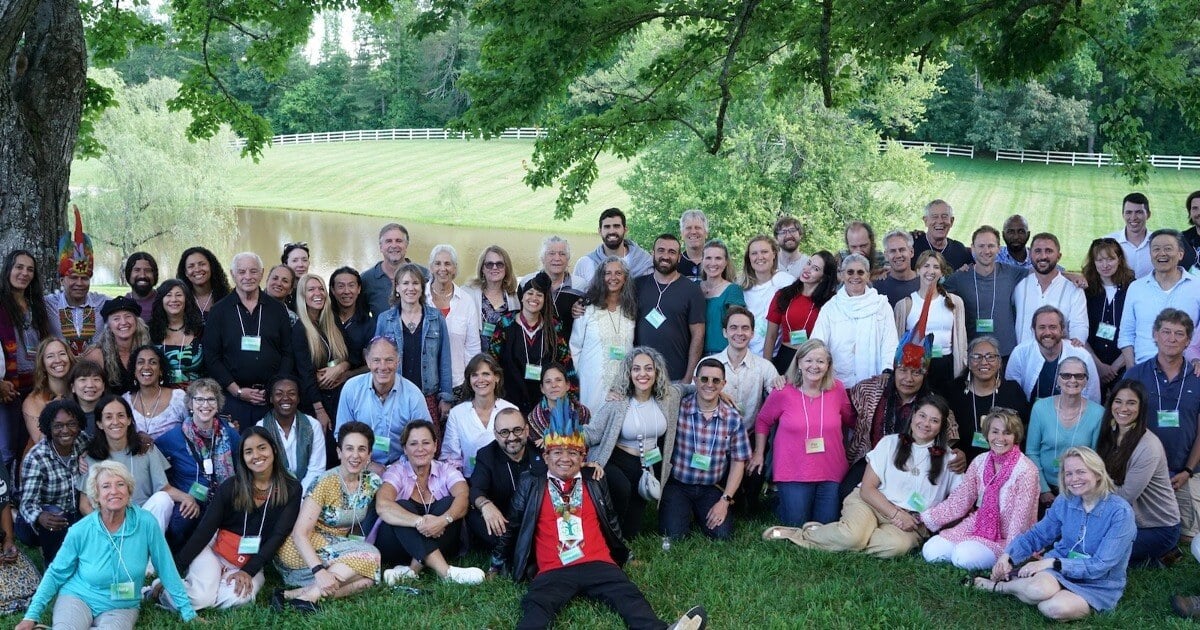Trouble in the Water
For several years, many communities in Florida have encountered toxic cyanobacteria, a result of toxic agribusiness runoff, in their local bodies of water.
Florida residents have reported several adverse effects of cyanobacteria on their communities. The local economy, which largely depends on tourism and clean water for activities like fishing, took a large hit. According to residents, pets were dying and people were getting sick—often needing emergency room care—and the mortality rates of marine wildlife was severe and devastating to local ecosystems.
So, the communities looked to the government to do something about the declining health of their environment.
But, inaction at the state and federal level meant that local communities had to take matters into their own hands. One of the communities looking to advance county-wide laws to protect their rivers is in Lee County, where the Pachamama Alliance Community of Southwest Florida calls home.
The Caloosahatchee River and the Rights of Nature
Concerned residents of Lee County are working to grant the Caloosahatchee River legal rights in order to secure a healthier environment for their community. These Lee County citizens hope to achieve this through a law that would establish the Rights of Nature as well as the locals’ right to a healthy environment. The Rights of Nature recognizes nature’s right to be healthy and to flourish through legal protections.
In order to pass this law, an amendment must be added to the Lee County county charter. This will require about 44,000 signatures to put the initiative on the ballot for citizens to vote. If the vote is successful, the amendment will protect the Caloosahatchee River from any business or government activities that violate its rights.
The Pachamama Alliance Community of Southwest Florida has been working with Clean Water Now, an organization that promotes healthy environments through sustainable water supplies, as well as the Community Environmental Legal Defense Fund to secure the Rights of Nature. The Community Legal Defense Fund works with communities everywhere to ban activities that violate the rights of communities and the rights of nature.
Joe Bonasia and Gary Robbins are two members of the Pachamama Alliance Community of Southwest Florida working closely with these two groups. They believe securing the Rights of Nature is the only approach that will succeed in protecting the environment and the community.
As Joe explains, people do not yet have the legal right to clean water, clean air, and a clean environment. And without the Rights of Nature, these rights cannot be secured. As long as nature is viewed as property to be used as corporations and governments see fit, environmental destruction will continue and communities will have to pay the price.
Joe and Gary both see the Rights of Nature as an issue of democracy as well. They assert that it is difficult for localities to set their own agendas while corporations use their influence and money to undercut them through preemptive laws at the state and federal level. They believe this barrier to local agendas and local laws erodes self-governance.
The Rights of Nature is an attempt to bring the decision-making process down to the people directly impacted by corporate and governmental activities that are toxic to their health.
Building a Community to Secure the Rights of Nature
Though the community is still in the early stages of the process, Joe and Gary have several pieces of advice for people looking to secure the Rights of Nature in their own communities.
They suggest that people educate themselves and their communities about the Rights of Nature. They also recommend that people get involved with organizations like the Community Environmental Legal Defense Fund and with other communities already involved in this work. As Gary explains, you can’t do it by yourself and collaborating with others will help you achieve what you thought was impossible on your own.
Both Joe and Gary believe that organizing at the grassroots level and building a committed community around this issue will be one of their greatest challenges. But it may also be the only way they will secure the Rights of Nature in Lee County.
